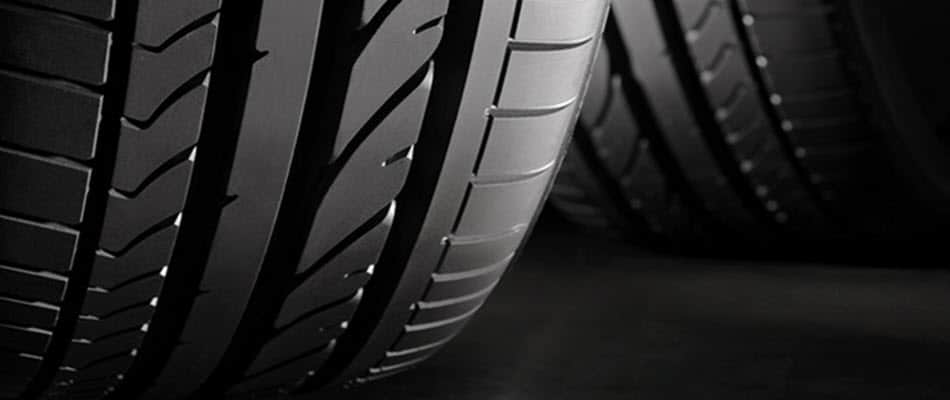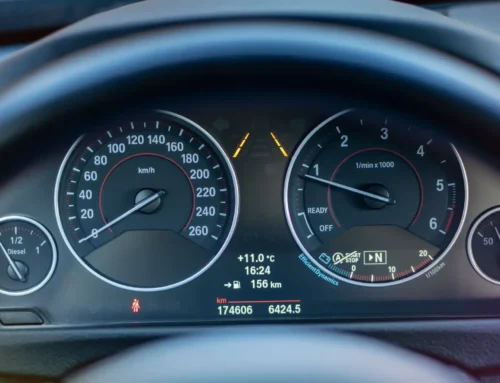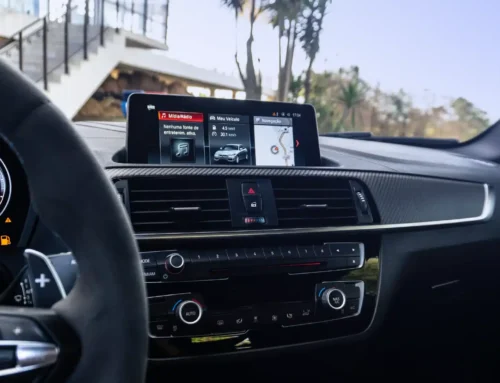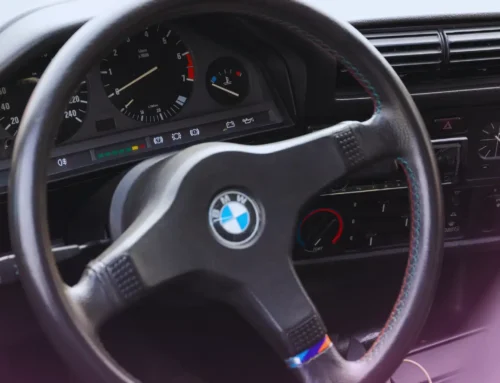You will see the advertisements on television and hear them on the radio. Tire centers are pushing high-performance tires on consumers. All the qualities of the high-performance tire are explained, the features that can help a driver magnified, and discount sales prices are all over the place. This is all very well and good, but a major question arises. Do you really need high performance tires? There is a very obvious herd mentality that is encouraged by advertising, and everybody wants to have the best tires. What is more important, however, is that you have the tires that you need. Anything more than that is money poured down the drain. You have to be cost-efficient.
Advantages of high performance tires
To be sure, there are some advantages to having platforms times these include the following:
- Better Handling. Soft rubber high-performance tires allow the tire to better hug the road.
- Exceptional Traction. This happens because high-performance wide stance. Additional service allows greater connection to the road. This helps when the weather is bad.
- Better Stopping. The extra space of the high performance tire means you can stop quicker, and use less distance to bring your car to a halt.
These are some of the major advantages of high performance tires but you really pay a price for these qualities.
All-season tires
It becomes a challenge of deciding which tire is going to be the best for your needs. If you have a sports car, the high-performance tires will probably be your best bet. These allow the driver to better explore the capabilities of his or her automobile. Then again, the all-season tire is cheaper with a longer tread life. You also want to consider if a comfortable ride is more important than the thrill of riding on tires with better handling.
When you look at all of the pros and cons, it boils down to there being no one best tire. Much depends on what you expect out of those four rubber wheels you are driving on. If you need something that is going to be gripping the road, and you will be often driving in conditions such as heavy rain, the preference can point towards the high-performance tire. The average driver should be looking at tires as if he or she is looking at sensible shoes, which is not a bad idea.
Because when you choose shoes, the rule of thumb is to buy the best quality which you can afford. That plays well with tire selection. You can check the treads on the tire, at the same time deciding whether performance is going to critical. If speed is not a major wish, high-performance tires will be a big waste of money. Also keep in mind your driving. All-season tires may be better for the family. What is essential is not to simply follow the crowd as you go out and purchase tires. You have to keep in mind what is best for you and the automobile. Buying a tire just for the sake of saying that you have an ultra-high-performance tire is a little bit silly. There are many other brands of out there that provide the kind of performance you want to have, and the comfort you would like. You can take a look at those other wheels as well. Remember that you don’t necessarily need a high-performance tire unless it fits certain criteria. You can do just as well with something that is a little less expensive, even though it might not have the super traction or the performance. The less expensive tire might do the job for you, and not cost nearly as much as high performance rubber wheels.





